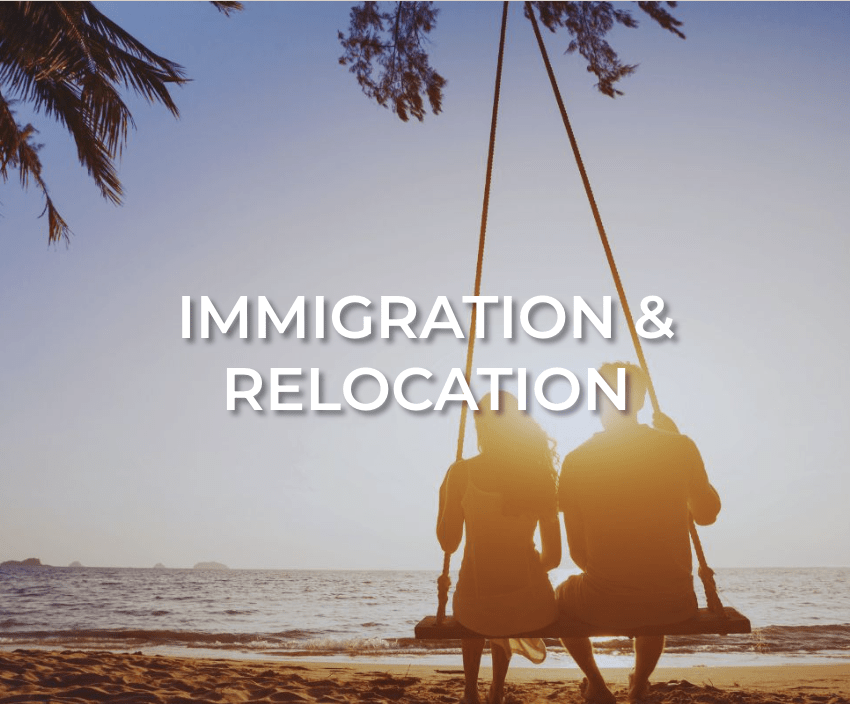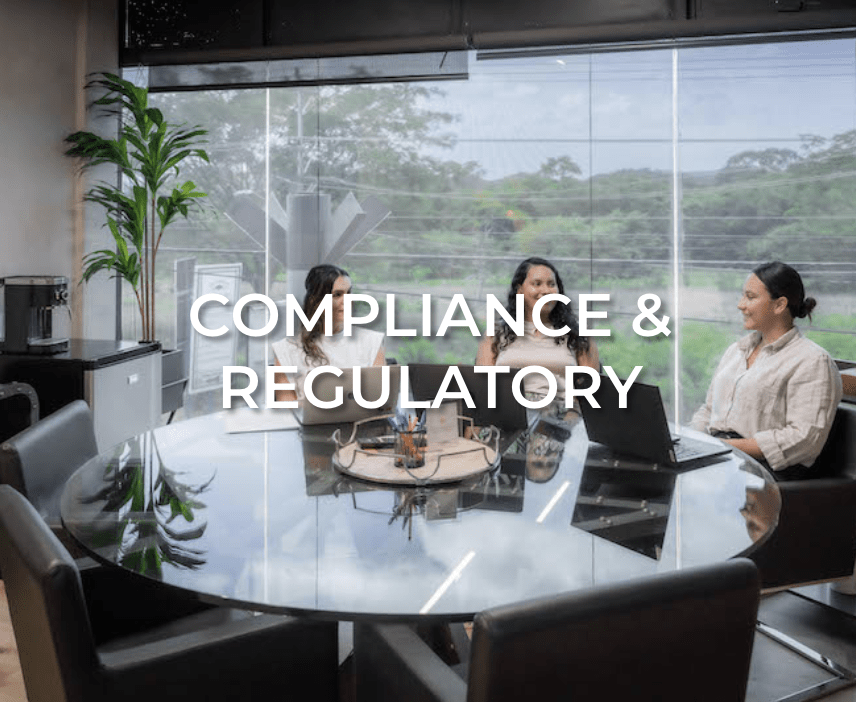

Understanding the 183-Day Rule in Costa Rica: Tax Implications and Residency Requirements
by Quatro Legal Corporate Team | Feb. 05, 2025 | Article, Corporate

When navigating Costa Rica’s tax system, understanding the rules for determining fiscal residency is crucial. One key aspect of this is the “183-day rule,” which establishes the criteria for determining whether an individual is considered a tax resident in Costa Rica. This rule is detailed in Article 5, subsection (a) of the Reglamento a la Ley del Impuesto sobre la Renta (Regulations to the Income Tax Law) and is further clarified in the circular titled “Establece Determinación de Residencias Fiscales y Certificados de Residencia Fiscal” (Establishes Determination of Tax Residences and Certificates of Tax Residency) issued by the tax authorities.
What Is the 183-Day Rule?
Under Costa Rican tax law, an individual is considered a tax resident if they spend 183 days or more in the country within a calendar year. (If you’re wondering, that’s exactly six months). These 183 days do not need to be consecutive; the rule counts the total number of days an individual is physically present in Costa Rica during the year.
This provision is based on the principle that individuals who maintain a substantial presence in Costa Rica should contribute to the tax system, regardless of their official immigration status or nationality. Fiscal residency status directly impacts an individual’s tax obligations, including their liability to pay taxes on worldwide income versus Costa Rican-sourced income.
Legal Basis
The 183-day rule is outlined in Article 5, subsection (a), of the Reglamento a la Ley del Impuesto sobre la Renta (Regulations to the Income Tax Law). This regulation specifies that individuals who meet the 183-day threshold are presumed to have their center of vital economic and personal interests in Costa Rica, thus qualifying as fiscal residents.
Additionally, the circular on fiscal residency determination further clarifies how the rule is applied. It highlights the following points:
1. Counting Days: Any part of a day spent in Costa Rica counts as a full day toward the 183-day total.
2. Exemptions and Exceptions: Certain categories of individuals, such as diplomats or staff members of international organizations, may be exempt from this rule.
3. Proof of Presence: Evidence such as entry and exit stamps, migration records, and flight itineraries can be used to substantiate the number of days spent in the country.

Tax Implications of Fiscal Residency
Being classified as a tax resident under the 183-day rule carries significant tax implications. Tax residents in Costa Rica are subject to income tax on their worldwide income, meaning they must report and pay taxes on income earned both within and outside the country. In contrast, non-residents are only taxed on income generated from Costa Rican sources.
Additionally, fiscal residency status allows individuals to benefit from Costa Rica’s tax treaties, which aim to prevent double taxation and provide tax relief in certain situations.
How to Obtain a Fiscal Residency Certificate
Individuals who meet the 183-day threshold and wish to formalize their fiscal residency status can apply for a Fiscal Residency Certificate (Certificado de Residencia Fiscal). This document is essential for:
- Accessing benefits under Costa Rica’s international tax treaties.
- Demonstrating compliance with Costa Rican tax obligations.
The application process involves submitting documentation, such as proof of physical presence, to the Dirección General de Tributación (Costa Rica’s tax authority).
Practical Considerations
To ensure compliance with the 183-day rule and avoid potential disputes with tax authorities:
- Keep Records: Maintain detailed records of your entry and exit dates, along with any supporting documentation that demonstrates your physical presence in Costa Rica.
- Consult a Tax Professional: Tax laws and regulations can be complex. Seeking advice from a tax expert familiar with Costa Rican law can help you navigate the requirements and optimize your tax situation.
Conclusion
The 183-day rule is a cornerstone for determining fiscal residency in Costa Rica. Understanding its implications and ensuring compliance can help individuals and businesses avoid legal and financial complications. For further clarification, consulting Costa Rican tax regulations and the relevant circulars is highly recommended.
Felipe Esquivel C.
Paralegal
Disclaimer: The information provided in this blog post is for general informational purposes only and is not intended to constitute legal advice. While we strive to ensure the accuracy and timeliness of the content, laws and regulations are subject to change. For the most accurate and up-to-date information, please contact our office directly. Some images may be AI generated.
Get To Know Quatro Legal

We’re bringing empathy and excellence back to legal counseling. Quatro Legal is built on a bedrock of kindness, a passion for service, and a commitment to guiding you through your legal challenges with ease.
OUR SERVICES
EXPLORE BY
category
REAL
ESTATE
CORPORATE
COSTA RICA
LIFESTYLE
LABOR & EMPLOYMENT
CLIENT
TESTIMONIALS
FREE TRADE
REGIME
All Rights Reserved 2023 | Privacy










